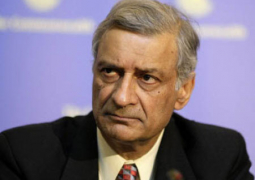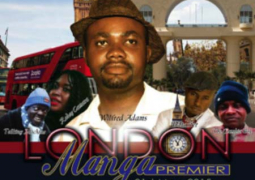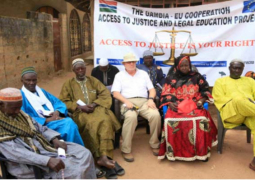The Guinean leader, Jean-Marie Dore, has pleaded for election funds to enable his country hold elections later this year.
Guinea is in dire need of funds to facilitate electioneering process later this year, the prime minister told BBC in an interview.
Meanwhile, election officials announced on Sunday that they would go to polls on 27 June, as part of a deal brokered to secure a return to civilian rule. This is a good move and we call on the international community to come to the aid of Guineans to enable them hold free and fair elections.
We firmly believe that free, fair and transparent elections are the cornerstone of a genuine democratic society.
We, therefore, challenge the Guinean authorities to ensure that the election is conducted in a fair and credible manner.
The military took over the country in December 2008, following the death of long-time leader Lansana Conte.
The junta leader Capt Moussa Dadis Camara was shot and wounded in December by one of his bodyguards, as he came under critical appraisal which emanated from the killing of over 150 innocent civilians.
"We are looking forward together the best way to organise fair elections," he said. Reading between the lines one can conclude that if not helped Guinea would find it difficult to hold credible elections.
We, therefore, call on the ECOWAS, AU, EU and other development partners to come to their rescue.
While we call on the international community to bail them out of this situation, we also call on the Guinean people to cooperate with the International Criminal Court (ICC) to ensure that justice is done to those victims who were mercilessly butchered on September 28th. Justice must prevail no matter how long it takes.
Coming back to the elections, soldiers should endeavour to go back to the barracks and allow civilians to run elections.
We must allow democracy to take precedence over every other thing. Democracy is all about government of the people, by the people and for the people, and not the opposite.
Read Other Articles In Article (Archive)
Defence witness cross-examined in cocaine 9 trial
Aug 4, 2011, 1:18 PM




